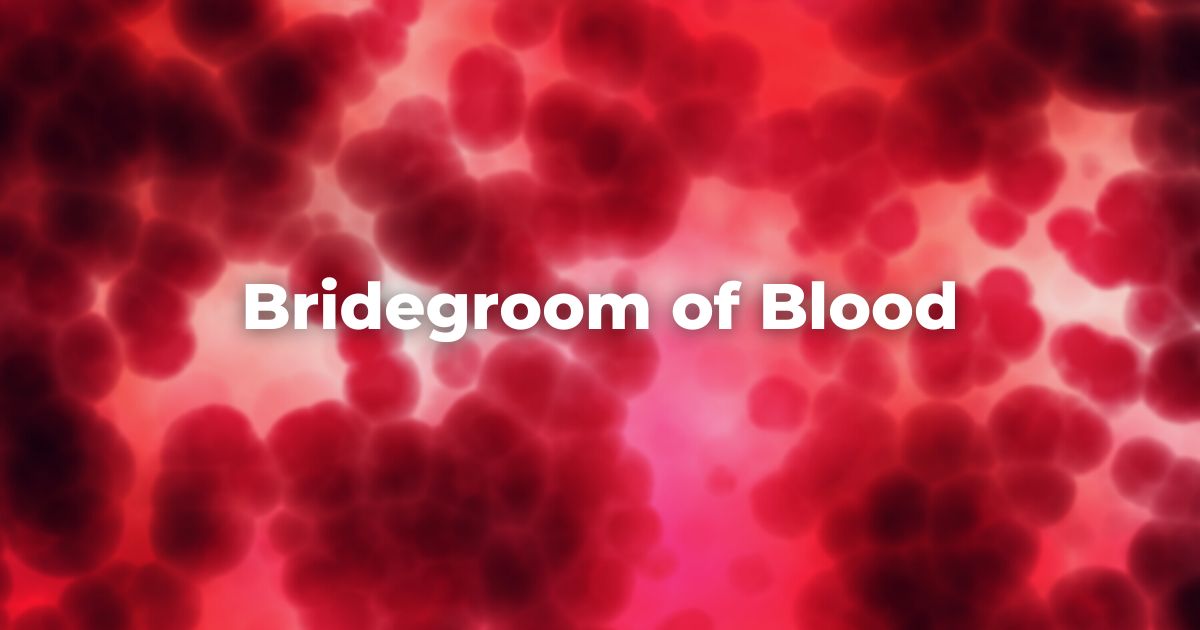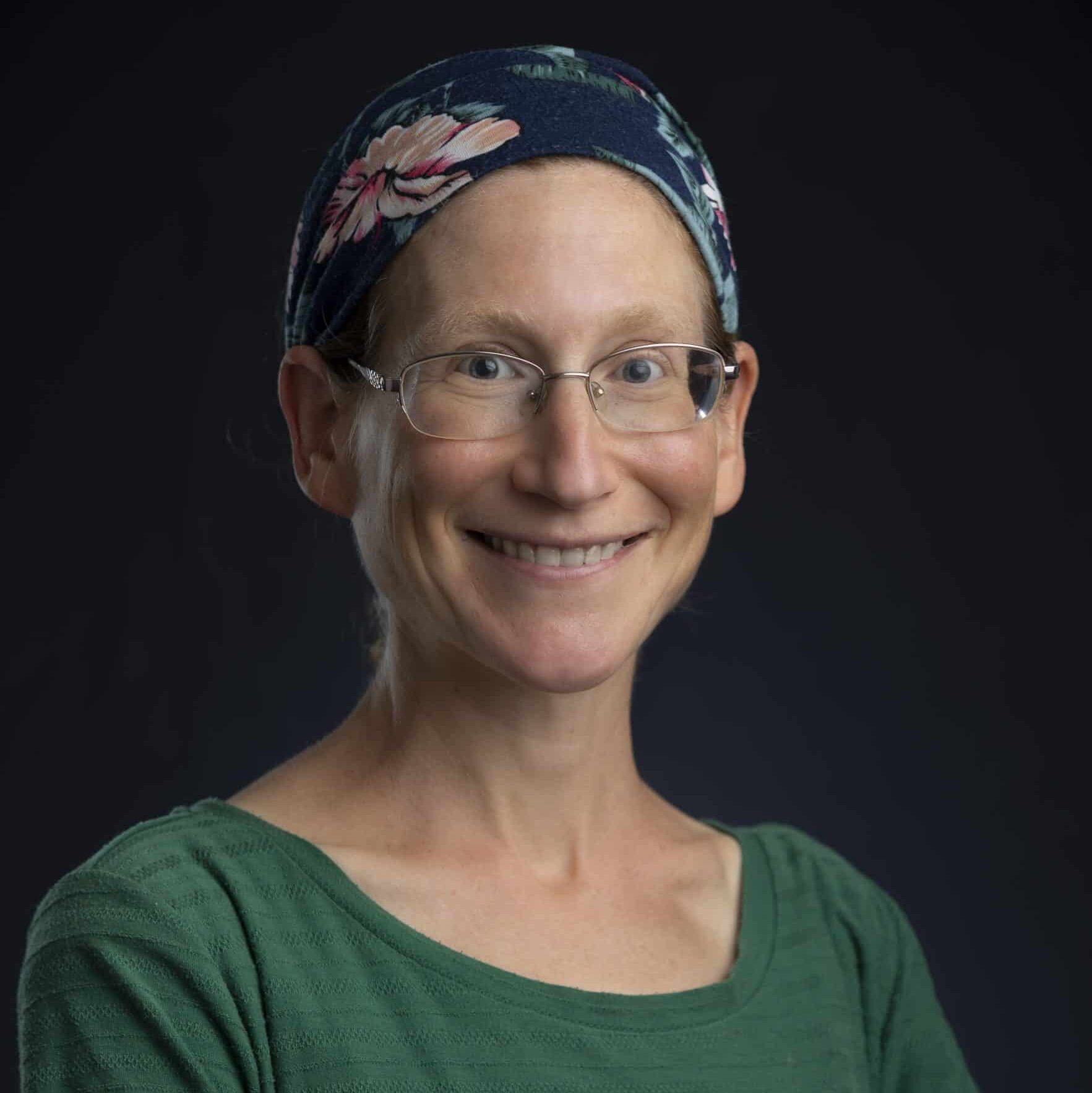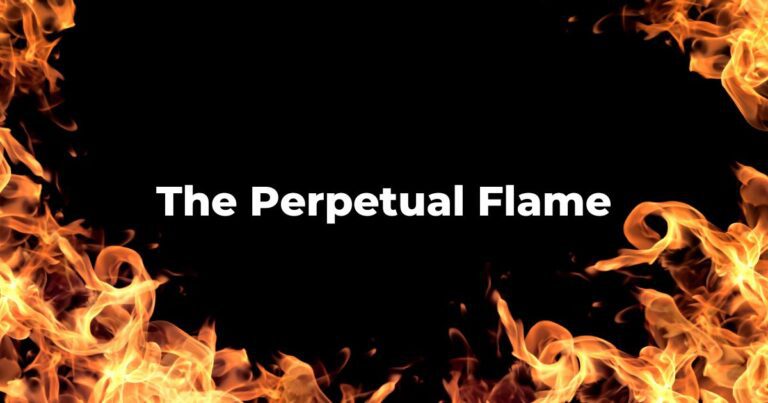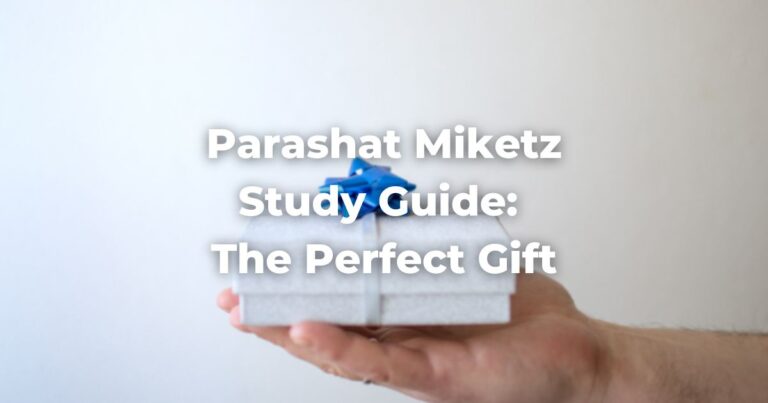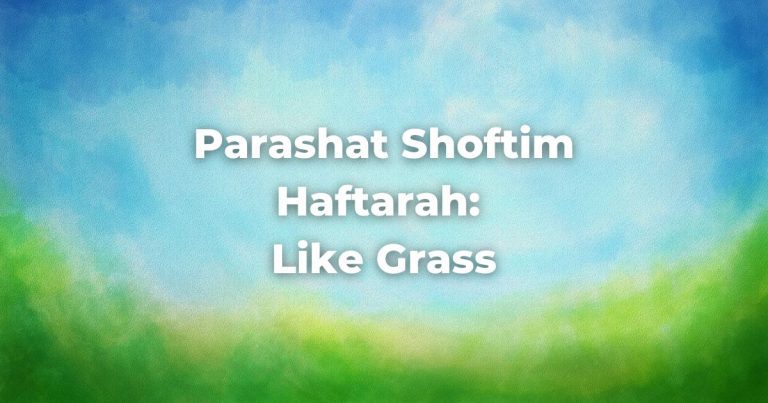Parashat Shemot Dvar TorahRefers to the first five books of the Hebrew Bible, the Tanakh, also called the Five Books of Moses, Pentateuch or the Hebrew equivalent, Humash. This is also called the Written Torah. The term may also refer to teachings that expound on Jewish tradition. Read more
Moshe in a pivotal moment
Our parashah describes the early years of Moshe’s life leading up to the pivotal moment when he is informed by God of his mission to deliver the Israelites from bondage.
God tells Moshe to return to Egypt from Midian, where he had fled as a fugitive after killing an Egyptian, and to perform miracles before Pharaoh.
Moshe, whose attempts to resist God’s charge prove futile, takes his wife and sons and sets out to return to Egypt. But on his way back he has a mysterious and dangerous encounter at a night encampment that has puzzled many generations of sages and commentators. A close reading of this strange incident, and of an earlier biblical story it may echo, sheds light on Moshe’s emotional state on the eve of his return to Egypt.
The Torah relates that when Moshe comes to the night encampment, “the Lord encountered him and sought to kill him” (Exodus 4:24).
At that point Moshe’s wife Tziporah takes a flint and circumcises their firstborn son, holding the foreskin to his leg and declaring, “You are a bridegroom of blood to me” (Exodus 4:25). On account of the many ambiguous pronouns used in this story, the entire incident does not just take place under cover of darkness, but is also shrouded in mystery.
Whom did God seek to kill, Moshe or his firstborn son? To whose leg did Tziporah hold the foreskin, and why is he called a bridegroom of blood? Why is it so important that Moshe circumcise his son now, on his way back to Egypt?
The mitzvah of circumcision
The rabbis of the TalmudReferring to one of two collections, the Jerusalem and Babylonian Talmuds, edited in the 6th century, that contains hundreds of years of commentary, discussion, and exploration of the ideas in the Mishnah. One could describe it as Mishnah + Gemara = Talmud Read more discuss this incident in the context of the importance of the mitzvah of circumcision (Nedarim 32a).
They explain that this mitzvah is so important that even Moshe was punished for putting it off.
According to the rabbis, Moshe reasoned that if he circumcised his son before they set off, his son might be in pain during the journey, so he waited. Instead Moshe preoccupied himself with securing lodging for his wife and son.
But God was angry at him for neglecting the mitzvah, and threatened to kill him, or perhaps his son; the Talmud raises both possibilities. Two angels named Af (anger) and Heima (wrath), manifestations of God’s dissatisfaction with Moshe, came and swallowed his son, leaving only his legs exposed. Tziporah took matters into her own hands, and saved the boy’s life—and perhaps her husband’s as well.
This story makes more sense when we consider God’s final words to Moshe before this nighttime encounter.
In the previous verse, God appeared to Moshe once more in Midian and told him to say to Pharaoh, “Thus says the Lord: Israel is my first-born son. I have said to you: Let My son go, that he may worship Me, yet you refuse to let him go. Now I will slay your firstborn son” (Exodus 4:22-23).
God’s words are presumably still echoing in Moshe’s ears when he comes to the night encampment in the very next verse and settles down to sleep alongside his wife and son.
He has been charged to tell Pharaoh that his firstborn son is threatened, and so Moshe worries about the fate of his own firstborn son.
God has not explicitly mentioned Moshe’s firstborn, but fears are never entirely rational, especially in an unfamiliar place in the darkness of night. Indeed, the encounter with God in the night encampment seems to combine all of Moshe’s anxieties into a bizarre dreamscape in which he can work out his feelings on the eve of his return to Egypt.
Moshe is nervous about standing before Pharaoh, and does not feel suited for the task: “I am slow of speech and slow of tongue” (Exodus 4:10), he protested to God at the burning bush, and later he will describe himself as having “uncircumcised lips” (Exodus 6:12).
No wonder he is haunted by anxieties about circumcision, which is also a sign of the covenant on account of which Moshe has to redeem the Israelites in the first place. He worries that perhaps he will feel paralyzed when he stands before Pharaoh—“Who am I that I should go to Pharaoh,” (Exodus 3:11) he told God at the burning bush—and that someone else will have to take the flint, as it were, and do the work for him.
And indeed, Moshe will need help, and the task will not be an easy one.
When he was at the burning bush, Moshe did not believe that he would be successful in his mission. At the nighttime encampment, perhaps, God frightens Moshe into having faith that the covenant between God and Israel remains paramount and thus deliverance will come.
Moshe and Jacob
This strange nighttime incident recalls another mysterious nighttime encounter that took place in the book of Genesis, when Jacob wrestled with an angel until the break of dawn.
That story, too, took place at a time of tremendous fear and anxiety for the protagonist; Jacob had just set off from his father-in-law’s home in Padan-Aram with his wife and children, like Moshe setting off from his father-in-law’s home in Midian with his wife and son.
Jacob prepares with great trepidation for the encounter with his brother Esau, whom he regards as an intimidating and threatening figure, much like Moshe’s attitude toward Pharaoh.
Both encounters leave a physical wound—Jacob’s hip is wrenched out of its socket, and Moshe’s son has his foreskin removed.
Both encounters, too, involve a new epithet—Jacob is called Israel on account of wrestling with the angel, and Moshe is told he is a “bridegroom of blood.”
And each incident is followed immediately by the reunion with a brother—Jacob looks up and sees Esau coming, and Moshe meets Aaron in the next verse, and then Pharaoh a few verses later.
As both these stories reflect, it is often at night when we play out our worries about the difficult challenges that lie ahead of us in the day.
If we are fortunate, we emerge from these encounters like Moshe and Jacob—inspired with renewed confidence in our ability to perform the hard tasks that await us at break of dawn, our nighttime fears and anxieties notwithstanding.
See more: Parashat Shemot
Originally posted as part of the Conservative Yeshiva at the Fuchsberg Jerusalem Center’s Torah Sparks. Support Torah learning from the Fuchsberg Jerusalem Center/Conservative Yeshiva for leaders and seekers around the world here.
Authors
-

Ilana Kurshan teaches Talmud at the CY. She is the author of If All the Seas Were Ink (St. Martin’s Press, 2017) and Why is This Night Different From All Other Nights (Schocken, 2005). She has a degree in History of Science from Harvard and in English literature from Cambridge, and has worked in literary publishing both in New York and in Jerusalem – as a translator, a foreign rights agent, and as the Books Editor of Lilith Magazine. Since October 2020, Ilana has been a regular contributor to Torah Sparks, FJC’s weekly parashat hashavuah blog.
View all posts -



The Fuchsberg Jerusalem Center (FJC) is a home in the heart of Jerusalem where leaders and seekers can find an authentic place in Jewish tradition to call their own. FJC offers opportunities to study, pray and explore within an egalitarian and inclusive setting, creating multiple pathways for finding personal and communal meaning.
View all posts

